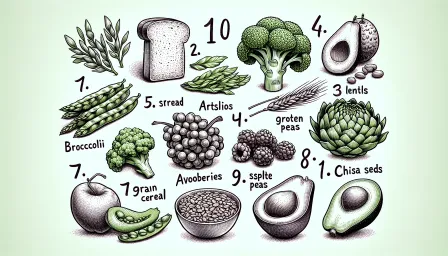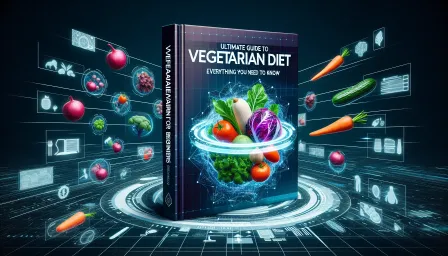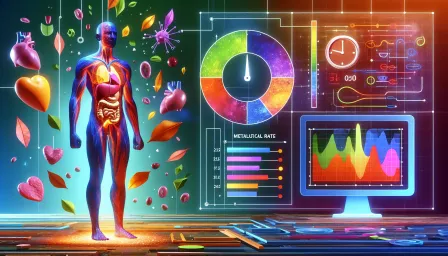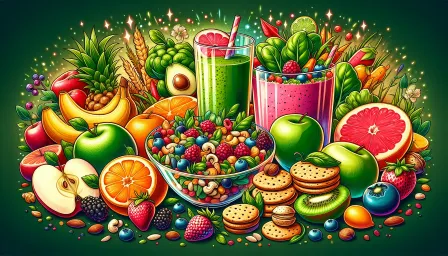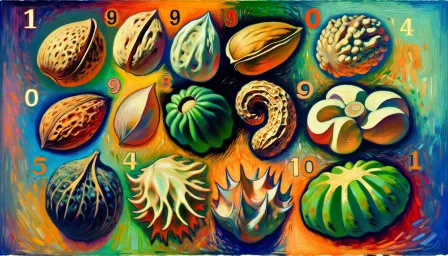The Benefits of Drinking Water for Digestion: A Comprehensive Guide

Discover the numerous benefits of drinking water for digestion. This comprehensive guide covers how water supports digestive health, best practices, and more.
Water is essential to life, and its importance cannot be overstated, especially when it comes to digestion. This comprehensive guide explores the myriad benefits of drinking water for digestion while offering practical advice and valuable insights. Understanding how water impacts your digestive system can drastically improve your overall health and well-being.
How Water Aids in Digestion
Water plays several crucial roles in the digestive process:
1. Saliva Production
Saliva, primarily composed of water, initiates digestion by moistening food, which makes it easier to chew and swallow. Saliva also contains essential enzymes that begin breaking down carbohydrates.
2. Breaking Down Food
Drinking water aids in breaking down food, allowing your body to absorb the nutrients more effectively. Water helps in the dissolution of vitamins, minerals, and other essential nutrients from food, promoting better nutrient absorption.
3. Digestive Enzymes and Juices
The stomach, pancreas, and intestines all secrete various digestive juices and enzymes, largely made up of water, crucial for breaking down food into simpler molecules. Adequate water intake ensures these digestive fluids are produced in sufficient quantities.
4. Preventing Constipation
Water helps keep the stool soft and easy to pass, which is critical in preventing constipation. Adequate hydration ensures smooth bowel movements, reducing the risk of complications like hemorrhoids or diverticulitis.
5. Aiding in Detoxification
Water assists in flushing toxins and waste products from the body through urine and sweat. Proper hydration ensures that the kidneys and liver function optimally, playing a significant role in the body’s detoxification process.
Best Practices for Drinking Water for Digestion
To maximize the digestive benefits of water, consider these best practices:
1. Drink Water Throughout the Day
Sip water regularly rather than waiting to feel thirsty. This helps maintain consistent hydration levels, supporting ongoing digestive processes.
2. Temperatures of Water
While cold water can be refreshing, room temperature or warm water is generally better for digestion. Cold water can cause the blood vessels in the stomach to contract, slowing down the digestive process.
3. Timing Your Water Intake
Drink water before, during, and after meals to aid digestion. Water taken before meals can prepare the digestive tract, while drinking during meals can help dissolve and break down food. Ensure to drink sufficient water after meals to continue aiding in nutrient absorption and waste removal.
4. Avoid Sugary and Carbonated Beverages
Sugary and carbonated drinks can cause bloating and discomfort. For optimal digestive health, stick to plain water or herbal teas that provide hydration without added sugars or gases.
Signs of Dehydration and Its Impact on Digestion
Recognizing dehydration can help you maintain good hydration habits. Common signs of dehydration include:
1. Dry Mouth and Poor Saliva Production
Dry mouth can make chewing and swallowing difficult, impairing the initial phase of digestion.
2. Constipation
Dehydration leads to hard, dry stools that are difficult to pass, causing discomfort and digestive issues.
3. Indigestion and Heartburn
Without sufficient water, the production of stomach acid and digestive enzymes diminishes, leading to indigestion and heartburn.
4. Reduced Urine Output
Dehydration reduces urine production, impacting the body’s ability to eliminate waste efficiently.
Incorporating More Water into Your Daily Routine
Sometimes, it can be challenging to get enough water throughout the day. Here are some practical tips:
1. Carry a Water Bottle
Having a water bottle at hand serves as a constant reminder to drink water and makes access convenient.
2. Set Reminders
Use smartphone apps or alarms to remind you to drink water at regular intervals throughout the day.
3. Flavor Your Water
If plain water doesn’t appeal to you, add a slice of lemon, cucumber, or mint to enhance the flavor naturally.
4. Eat Water-Rich Foods
Foods like watermelon, cucumber, and oranges have high water content that can contribute to your hydration goals.
Conclusion
Drinking water for digestion is not merely beneficial but essential for optimal digestive health. It aids in saliva production, breaking down food, maintaining gut health, preventing constipation, and facilitating detoxification. By incorporating best practices into your daily routine and staying mindful of hydration, you can significantly improve your digestive health. Remember, pure, plain water is a simple yet powerful tool for maintaining a healthy digestive system and overall well-being.




